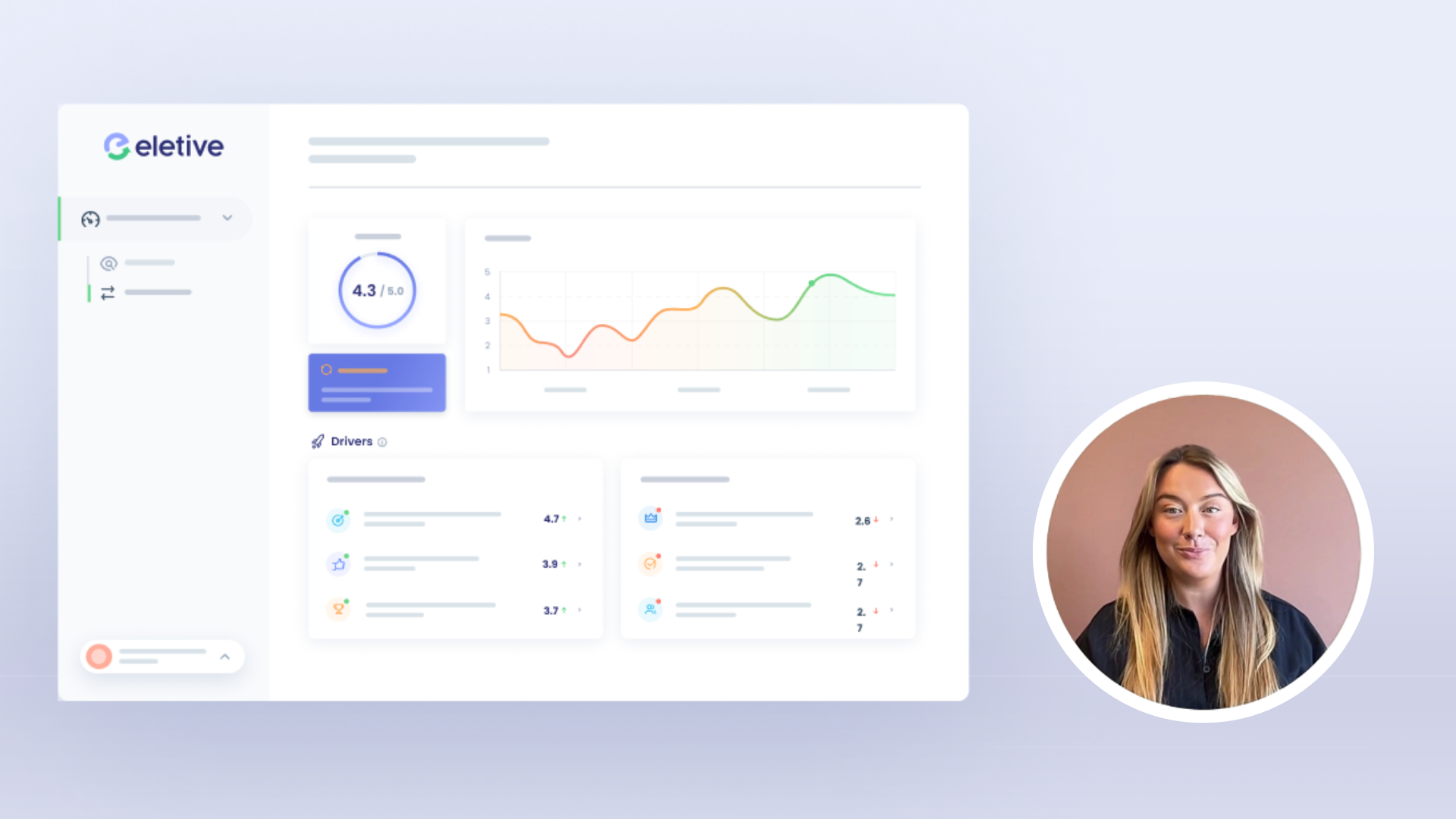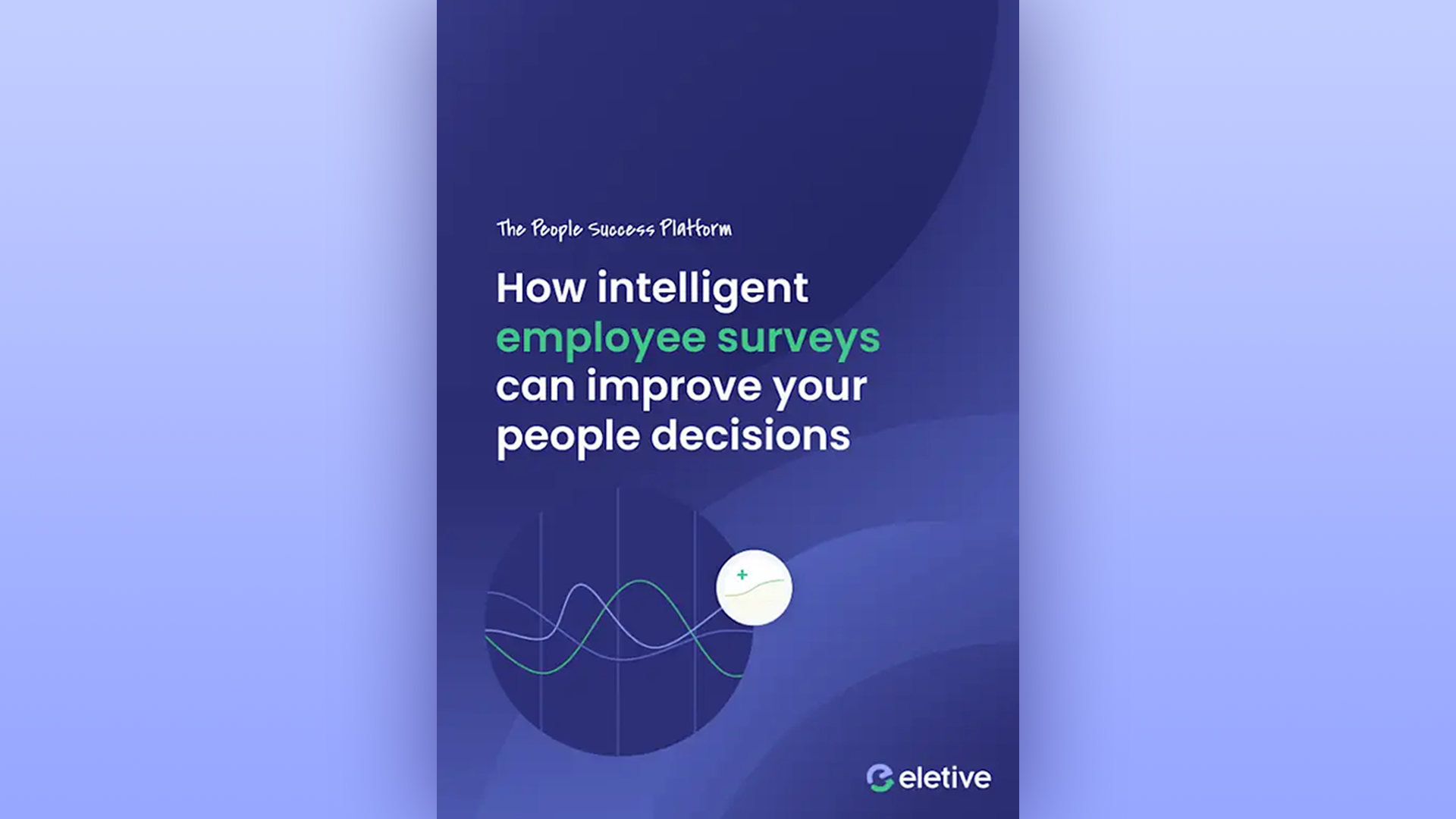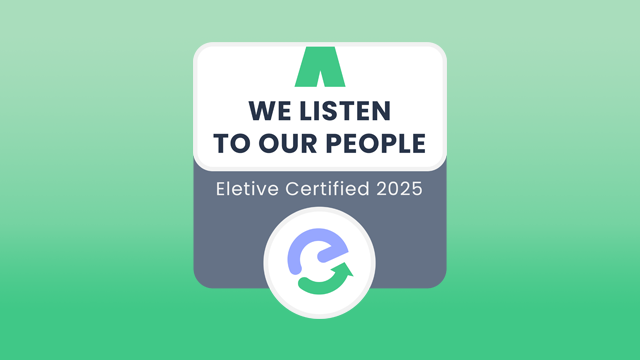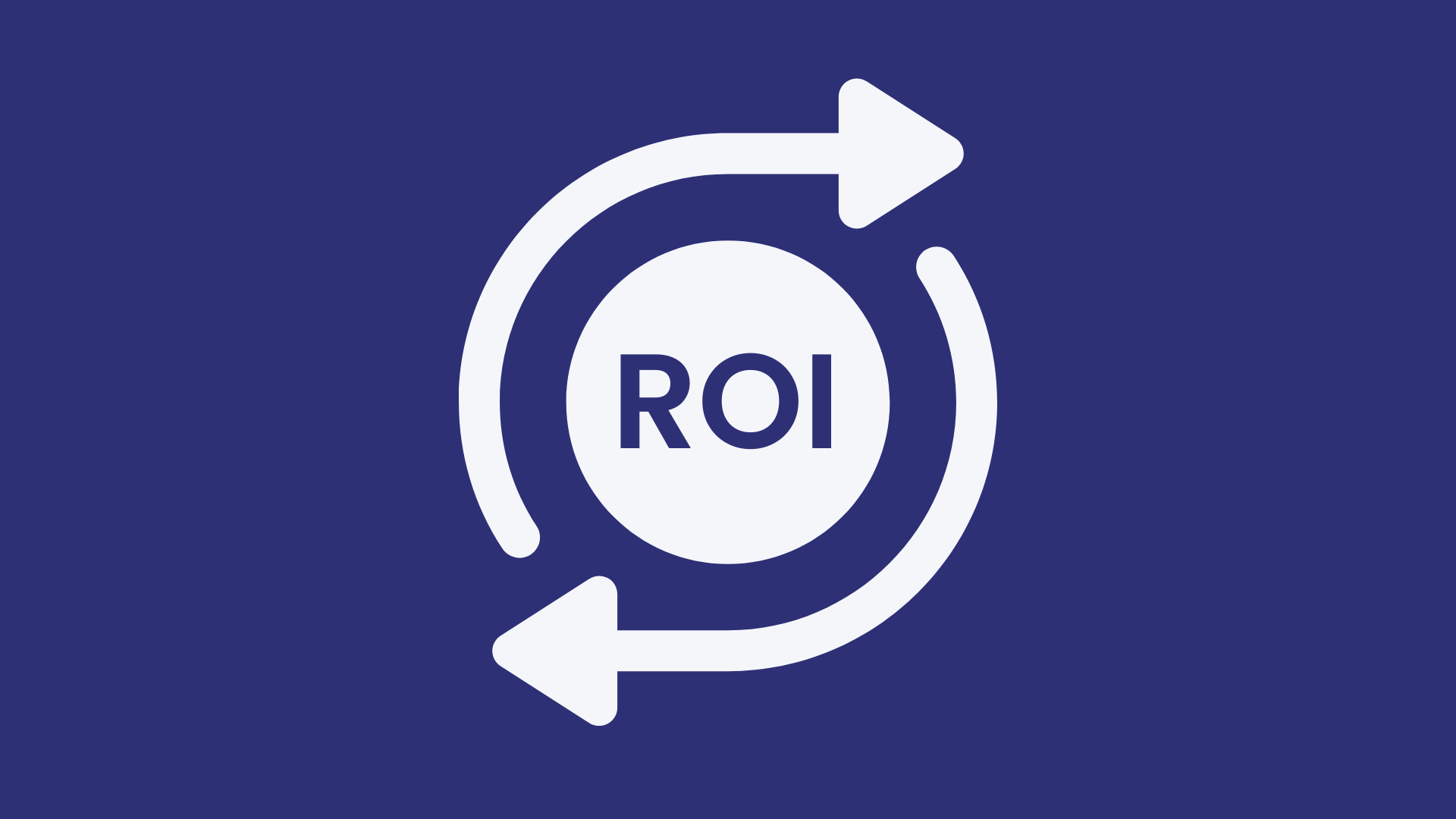What are the most important employee engagement trends in 2023? Let's have a look!
Table of Contents
Real-time employee engagement surveys
Substantial and personalised benefits
AI, machine learning, and NLP
Flexible work
Diversity and inclusion
Psychological safety
Gender equality
Peer feedback and 360 feedback surveys
Wellness and wellbeing at work
Empathy and compassion in the workplace
Prepare for the Future: Employee Engagement Trends in 2023
1. Real-time employee engagement surveys
While some companies are still holding on to the old-school way of sending out one big, yearly employee engagement survey, an increasing number of organizations opt for modern employee feedback software and agile, real-time pulse surveys.
Custom surveys:format(png)/f/288714721386412/16d1ea8163/ui.png)
Perhaps some parts of your organization should receive the survey every month, and some only every six months?
With Eletive, you can tailor your employee engagement surveys and send them at the frequency that works best for your company. The surveys come with a science-based question battery developed by psychologists, that you can also change and add to if needed.
2. Substantial and personalized benefits
With the pandemic came a shift in how employees view and value benefits. With a larger number of people working remotely, cozy perks like free fruit or ping pong tables are less valued. Instead, the trend is moving towards more personalized and substantial benefits that help employees manage this new situation.
Examples of benefits that can truly make a difference in people's lives are things like health insurance packages, wellness allowance, food delivery, and ergonomic equipment.
3. AI, machine learning, and NLP
2021 will be the year when AI, machine learning, and NLP (Neuro-Linguistic Programming) become a hot topic in HR departments worldwide. Early adopters have already grasped the potential for saving time and reducing admin that the new tech brings, but in 2021 the majority will follow.
At Eletive we use machine learning to create smart surveys where the questions are tailored to each individual based on previous answers. This prevents "survey fatigue" and quickly puts the spotlight on the most urgent issues.
Work life balance:format(jpeg)/f/288714721386412/77cf2daea0/pexels-william-fortunato-6392919.jpg)
So many people working from home has put work-life balance at the top of the agenda.
4. Flexible work
As an increasing number of people work from home, remote working and more flexible workstyles are here to stay. The challenge is now to maintain and improve company culture and engage employees in new ways that do not require physical presence. Creating a great employee experience, wherever and whenever people are working, requires new tools and new ways of thinking.
With this new way of working, maintaining a work-life balance is a challenge for many. Regular pulse surveys allow you to monitor the levels of stress and wellbeing in your organization, so you can work proactively to ensure everyone is healthy and happy.
5. Diversity and inclusion
If diversity was the first step, inclusion is the next and just as important focus area for organizations in 2021. It is not enough to make sure to have a diverse workforce. Everyone deserves to be included, and everyone contributes with a unique perspective. Changeboard reports that employees in diverse and inclusive organizations show higher levels of employee productivity and engagement. They work 12% harder, are 19% more likely to stay with the organization long-term, and collaborate 57% more effectively with colleagues.
Organizations that value and include employees representing the whole, wide and wonderful spectrum of humanity are the winners of today – and of tomorrow.
6. Psychological safety
Organizations where employees feel safe to share their opinion, and the best idea wins, are the truly innovative ones. And organizations that create safe channels for employee feedback, even when it's uncomfortable, are the ones with a healthy work environment. This is becoming increasingly apparent, and the interest in tools and processes to help create a safe environment is growing.
In the Eletive platform, employees can leave anonymous feedback. There is also an anonymous chat, where managers can respond to the feedback and ask for more information, while the employee can remain anonymous.
7. Gender equality
Ensuring that workplaces give employees of all genders equal pay and opportunity is still high on the agenda. While many things are moving in the right direction but much remains to be done before everyone, of any gender identity, can feel safe, heard, and included.
Providing employees with a safe and anonymous channel is crucial in ensuring inequalities, discrimination, and other problems like harassment, are immediately spotted.
People talking in office:format(jpeg)/f/288714721386412/af44123ffc/pexels-andrea-piacquadio-3931862.jpg)
Receiving feedback from co-workers as well as managers gives room for even more growth.
8. Peer feedback and 360 feedback surveys
Feedback fuels growth. This is true for all of us, and we really can't get too much of it. Employee recognition is important for development. Allowing colleagues, and not only managers, to give feedback through a 360 degrees appraisal creates more opportunities for individuals to evolve. With the right tools and processes, 360 surveys are a great way to build a culture of constructive feedback.
Related reading: 360 degree feedback questions [with examples]
9. Wellness and wellbeing at work
As we keep trying to maneuver this new normal that the pandemic has brought, employees' wellbeing, physical health, and mental health, have become a critical focal point. How can companies ensure their people are well, even in these challenging times? In fact, only 9% of the global workforce have access to wellness programs of some sort at work today. But the costs for failing to address the issues of wellness and wellbeing are enormous. According to the Global Wellness Institute, the worldwide cost of unwell workers represents 10-15% of the total global economic output.
Regular pulse surveys to measure employee engagement and wellbeing provide a great foundation for working with and increasing wellness at work.
10. Empathy and compassion in the workplace
92% of employees believe that showing empathy and compassion in the workplace is an important key to increasing employee retention. This has perhaps become even more important in the wake of the pandemic, as people struggle to stay sane while juggling home-schooled kids, lock-down restrictions, and work.
The first step in creating a compassionate work environment is making sure all voices are heard. Regular pulse surveys to measure engagement create a safe and reliable channel for this.
Would you like to explore how your organization could benefit from a unified platform for real-time employee engagement surveys, performance management, and self-leadership? Talk to one of our experts!
Related reading: Employee engagement survey questions – what to ask and why
Are you interested in exploring how your organisation could benefit from a modern People Success Platform? Talk to one of our experts!
FAQ
What are the most important employee engagement trends in 2023?
Real-time employee engagement surveys, substantial and personalized benefits, AI, machine learning, and NLP, flexible work, diversity and inclusion, psychological safety, gender equality, peer feedback and 360 feedback surveys, wellness and wellbeing at work, empathy and compassion in the workplace.
What are the benefits of using real-time employee engagement surveys?
Real-time employee engagement surveys allow you to tailor your surveys and send them at the frequency that works best for your company. The surveys come with a science-based question battery developed by psychologists, that you can also change and add to if needed.
What are the benefits of providing substantial and personalized benefits?
Examples of benefits that can truly make a difference in people's lives are things like health insurance packages, wellness allowance, food delivery, and ergonomic equipment.
What technologies are becoming popular in HR departments in 2023?
AI, machine learning, and NLP (Neuro-Linguistic Programming) are becoming popular in HR departments in 2021.
What is the importance of creating a safe and anonymous channel for employee feedback?
Creating a safe and anonymous channel for employee feedback is important to ensure inequalities, discrimination, and other problems like harassment, are immediately spotted. It also allows for employees to feel safe to share their opinion, and the best idea wins.



























:format(jpeg)/f/288714721386412/54927804ee/blog-enps-questions-what-to-ask-and-why-hero_media.jpg)
:format(jpeg)/f/288714721386412/1280x720/94229f239a/blog-11-best-people-analytics-tools-in-2026.jpg)
:format(jpeg)/f/288714721386412/e490991a3d/blog-employee-feedback-software-hero_media.jpg)
:format(png)/f/288714721386412/1200x675/4bf26615f3/virtual-hr-event-people-success-2026.png)